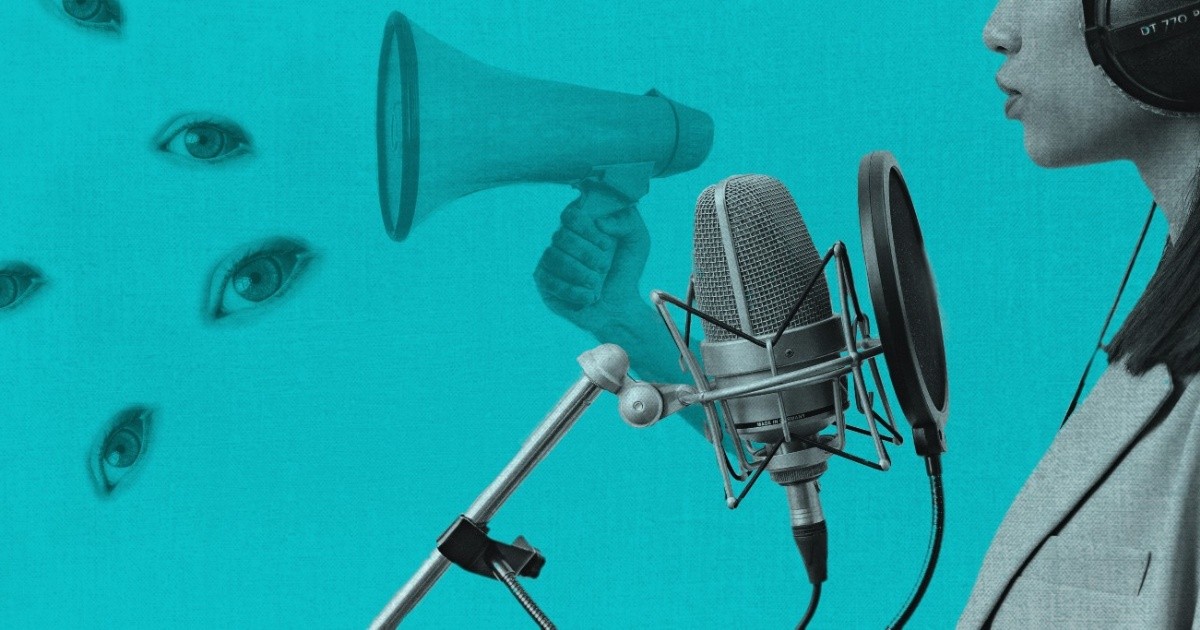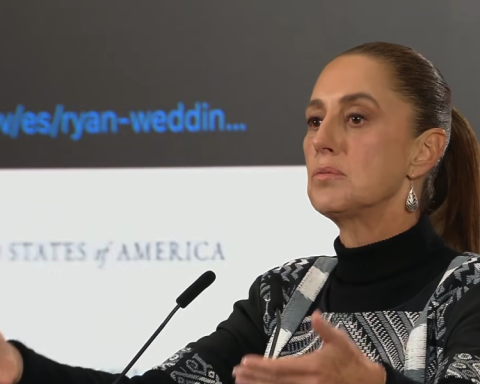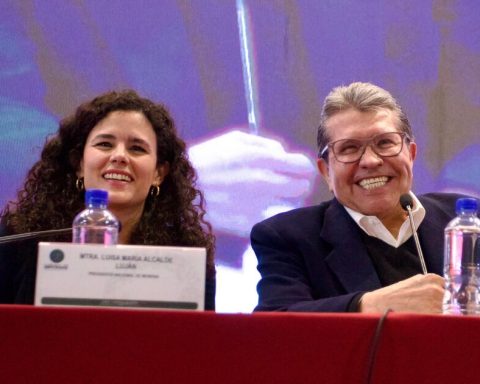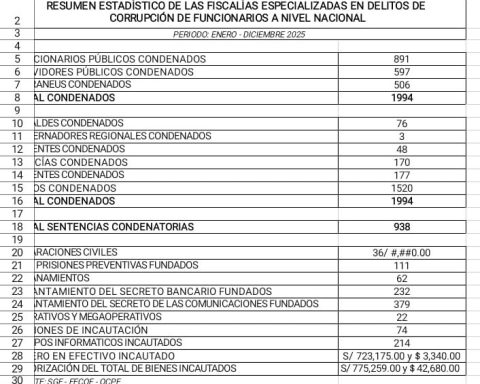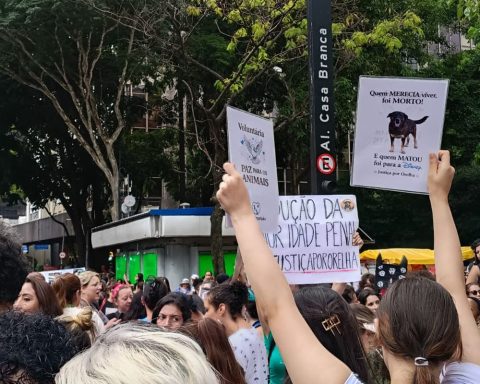Podcasts are everywhere. Every week about 17,000 new chapters around the world. Among them we also find many intended to improve our training.
Most go unnoticed or do not catch our attention. What is it that makes an educational podcast successfully stick in our memory and make us learn more?
A complete strategy
Behind every good podcast there is a good production that includes a whole series of elements. A whole universe that supports it and that goes far beyond what the listener finally hears.
The starting point is the definition of the objectives and the identification of possible direct users. We must also define the typology, and understand the narrative style of the podcast and the structure of the story: it is more transversal and can have transmedia ramifications. Our strategy must take into account how we are going to carry out the dissemination of the finished product, and it is also useful to do a final revision looking for authorized opinions.
All this, without forgetting the correct use of the voice, following the criteria of the User-centered design.
Listeners or users?
Our listener will always be double: we will narrate for whom we originally intended to address, although we will also reach other people. The latter will help us redesign the strategy for the next chapter.
It is not convenient to become obsessed with the idea of getting thousands of listeners. Each podcast has its own niche. There is no need to be in a hurry to get an audience: step by step reigns here.
Learning from the unobvious
When I teach Graphic Expression in the Building degree, I need to encourage the maximum degree of observation, imagination and resolution on the part of the students.
Until a few years ago, we worked on drawing and also reading mystery novels to achieve this. From the observation of what happens in this narrative genre we can learn to look beyond the obvious. However, lately we have found that our students do not have a developed reading habit.
Looking for a solution, we analyze how they learn through the use of audiovisual mediasomething that gave rise to the realization of .
The concept strategy OBSERVE has managed to overcome this hurdle with the use of an educational podcast. In it, we intertwine narratives on transversal themes with other subjects and grades. We hardly use topics specific to our field.
A cross-sectional narrative
baste topics throughout a single narrative helps to capture the listener’s attention and stimulates their imagination, their powers of observation and their initiative. In addition, it allows capturing the interest of users beyond those originally thought.
For example: in a chapter dealing with how to observe what a concept is we intertwine an explanation about the festival of the Patios de Córdoba and how it has been reconceptualized, and we incorporate sounds from NASA and a tribe from the Vanuatu archipelago. This transversality allows a better understanding of what a concept is and how it is observed. It fixes it in the listener’s memory, for which we also rely on “sound drawings”.
Disruptive and participatory
For an educational podcast to work we have to know our audience well, to avoid boring her. Be disruptive, that is, break the mold and not imitate what is already done in other supports and media.
Let’s take advantage of this new way of narrating to also encourage participation, and to make them think beyond what is expected. Let’s remember that students are not passive beingsand neither do the other listeners.
Skip to other media
In any educational strategy, the contents are expandable to other platforms, online or analog. Investigating these possibilities allows students to nurture their curiosity to go deeper independently.
As an example: on the website of our project We include bibliography and additional materials, as well as an expanded version of this article on podcast.
How to get your educational podcast right: tips and recommendations.
feedback
We end with a full stop, because in a successful educational podcast there is never an end, but rather a process of constant feedback based on the response that users offer us.
Active listening and group analysis of possibilities for improvement are key actions to complement the strategy that will make our podcast succeed.
Antonio Fernandez-CocaUniversity Professor, University of the Balearic Islands
This article was originally published on The Conversation. read the original.
